Close your eyes and envisage the probable line-up for next year’s chief executive “election.”
Yes, it is a dispiriting exercise—first and foremost, of course, because what is being called an election is actually a vote by a committee whose 1,200 members are largely controlled by the central government in Beijing.
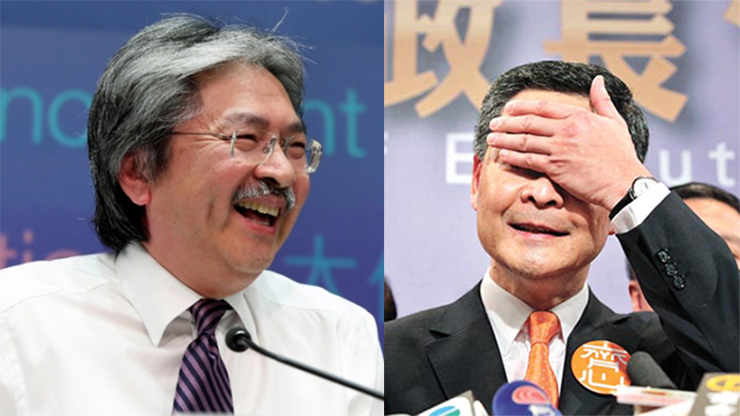
Beyond that daunting restriction, however, the candidates now vying to take part in the charade range from bad to worse to even worse to worst.
Such demoralising options remove all the sporting-match excitement from the competition and, for the more than seven million of us not sitting on the committee, turn the race for the city’s top job into a farcical spectacle: If you don’t laugh, you are going to wind up crying—and the best approach is probably to do a little of both.
Bad: Financial Secretary John Tsang Chun-wah, who for nine straight years has delivered budget after budget ignoring the long-term needs of the grassroots, bribing the middle class into silence with sweeteners and ensuring that the rich get richer and the poor remain poor. Although Tsang has not stated outright that he would like to replace Leung Chun-ying as CE, everything he has said and done lately indicates he is angling for the job—from the overtly political rhetoric in his budget speech last February to the populist appeals sprinkled into his weekly blogs.
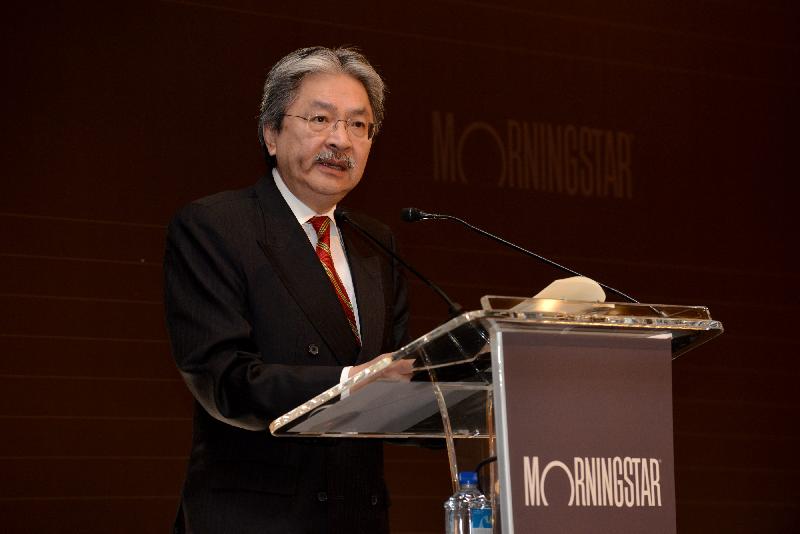
He knows he is the most popular member of the widely reviled Leung administration, and he wants to keep it that way. Unlike his boss, he supported the Hong Kong football team in its World Cup qualifying match against China. That’s not much to build an election platform on, but it’s better than nothing.
Worse: Leung Chun-ying, under whose watch the city has become so politically polarised that its Legislative Council is now a dysfunctional free-for-all soon to be gatecrashed by a new generation of radicals even more extreme than those members currently throwing fruit and glass at the CE every time he dares to appear in the Legco chamber.
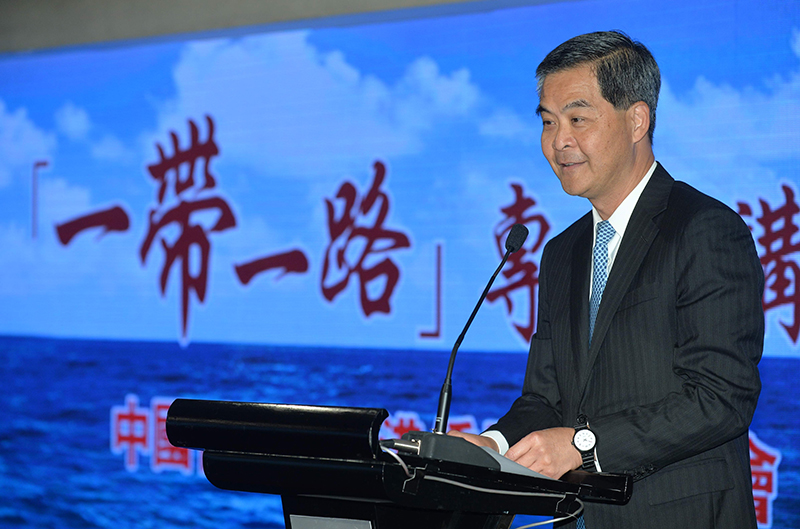
Leung’s confrontational style and unabashed kowtowing to Beijing—at a time when Hong Kong’s constitutional guarantees of free speech and democracy have come under repeated assault—galvanised his opposition and helped give rise to an independence movement now threatening to bring the city to a crisis. Moreover, his hardline, no-compromise response to the angry, disenfranchised forces arrayed against him only made them more angry and alienated. It’s hard to imagine the city under poorer leadership. And yet . . .
Even worse: Starry Lee Wai-king, the 42-year-old legislative councillor and former member of the Executive Council perennially described as “a rising star” in her pro-Beijing party, the Democratic Alliance for the Betterment and Progress of Hong Kong. Well, now she is the DAB chair and her star has risen, but it has proved to be just another false light in the city’s political firmament. It shines only when the powers that be in Beijing flick the switch; otherwise, Lee’s lights are out for Hong Kong.
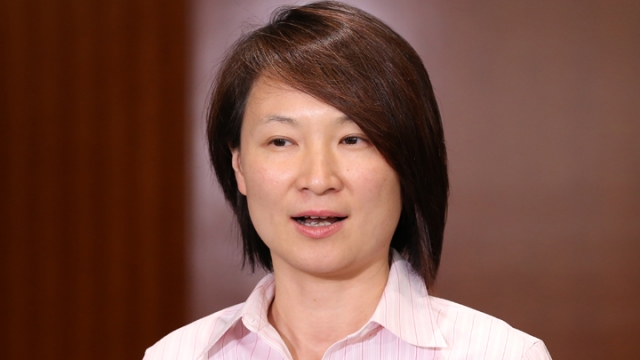
Yes, she will heave an occasional criticism at Leung—urging him, for example, to act faster in response to the tainted-water scandal—but her purpose is solely to advance her own cause. When she resigned from Exco in March, pundits were quick to speculate that she was preparing for a bid to become CE. Let’s hope they were wrong. If she becomes Hong Kong’s next leader, be prepared for a possible wave of CY nostalgia.
Worst: Regina Ip Lau Suk-yee, legislative councillor, Exco member, co-founder of the New People’s Party and the former security minister who did her level best to ram Article 23—the proposed anti-subversion legislation shelved after a massive street protest in 2003—down the throats of the Hong Kong people.
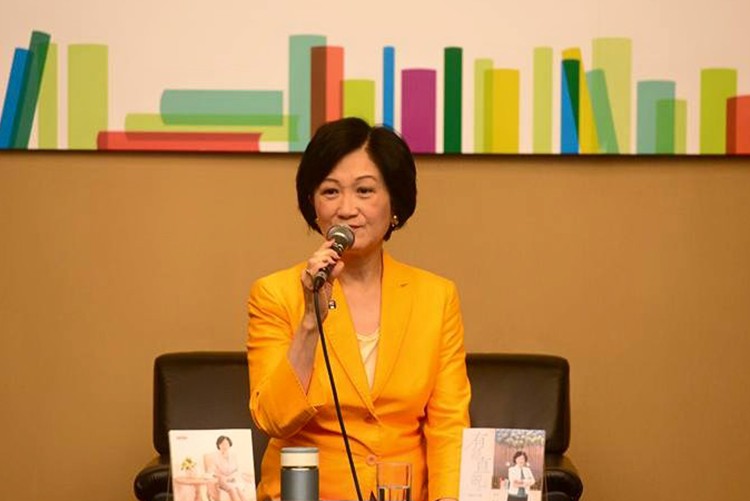
Consider this: If Ip had won the argument 13 years ago, then there would be no debate today about whether those advocating self-determination for Hong Kong are breaking the law; the law would be broken, and they would be in jail. Since the Article 23 debacle that led to her resignation as security chief, Ip has made a sustained effort to soften her image and portray herself as a champion of Hong Kong people and values.
While she has enjoyed considerable success, her reimagining has proved an obvious ruse. When Hong Kong booksellers mysteriously disappeared across the border, she didn’t want to look for them. When Hong Kong’s younger generation occupied city streets for 79 days demanding greater democracy, she offered them nothing but insults. And when Article 23 comes up for review, we know where she will stand.
Hong Kong’s chief executive earns a salary of HK$4.5 million (US$575,595) a year, making him (or potentially her) the second-highest paid political leader in the world, with only Singapore’s prime minister paid more. By comparison, US presidents, who must run a vast country of 50 states and more than 320 million people, earn US$400,000 annually.
For the past eight years, Barack Obama has been the US president.
Look what we’ve got.
